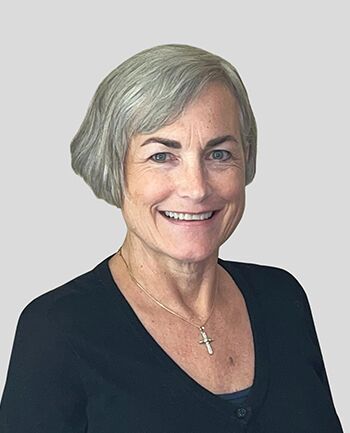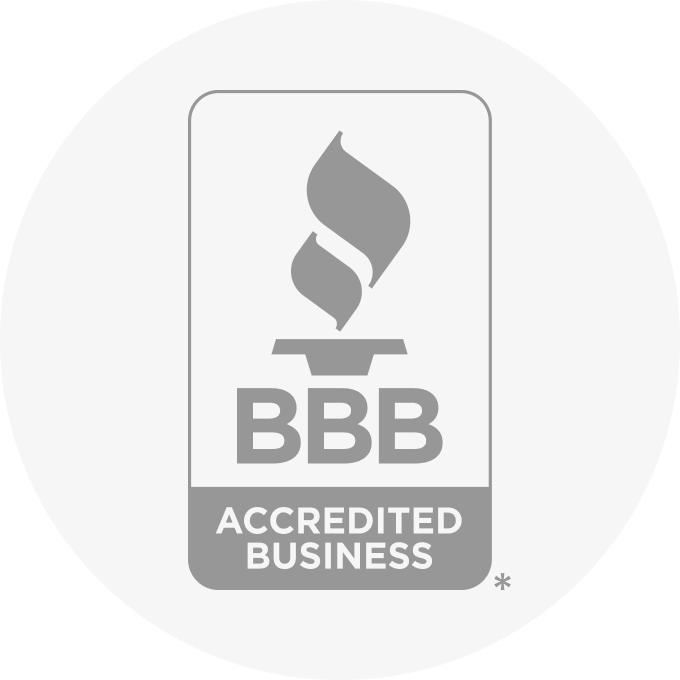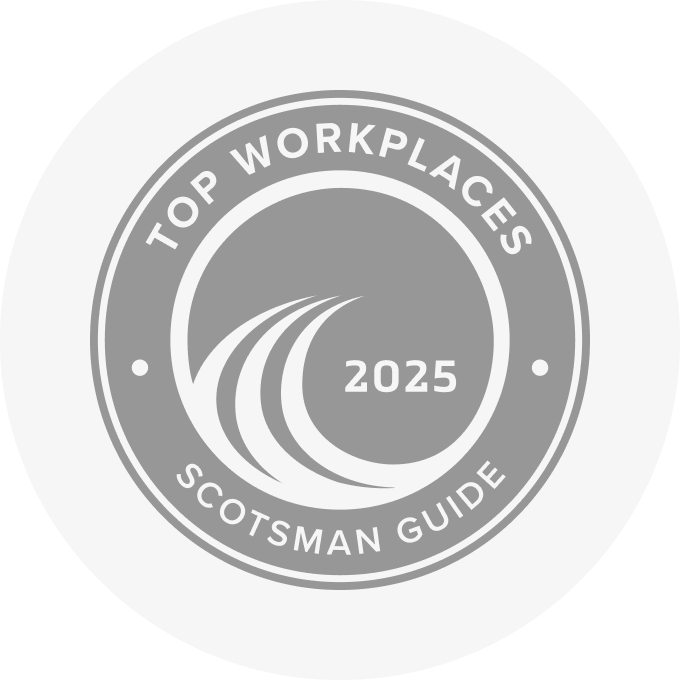
-
- monday: 8:00AM – 5:00PM
- tuesday: 8:00AM – 5:00PM
- wednesday: 8:00AM – 5:00PM
- thursday: 8:00AM – 5:00PM
- friday: 8:00AM – 5:00PM
Your Local CrossCountry Mortgage Loan Officer
Lynn Currie Shoup
Let’s take advantage of your home equity
Hi, my name is Lynn, and I’m a loan officer with over 35 years of experience in the financial industry. Experience matters in home financing, and I have plenty of it! I’ve worked as a Washington real estate agent and mortgage professional out of Gig Harbor, gaining experience in loan processing and underwriting, learning the ins-and-outs of reverse mortgages, and specializing in being a Veterans Advocate.
My extensive knowledge of the VA system helps me work efficiently with Active-Duty Service Members, Veterans, and Disabled Veterans. I’ve been instrumental in cutting through the red tape for clients to complete their necessary paperwork – making the home loan process as easy as possible.
I’m committed to using my experience and resources at America’s #1 Retail Mortgage Lender to reach your goals and build a partnership that lasts a lifetime. Whether you’re ready to apply or want to discuss your options, let’s talk today!





Guides and resources
How much will my mortgage payment be?
This calculator is being provided for educational purposes only. The results are estimates based on information you provided and may not reflect CrossCountry Mortgage, LLC product terms. The information cannot be used by CrossCountry Mortgage, LLC to determine a customer’s eligibility for a specific product or service.
Lynn’s testimonials
Inspiration for your home loan journey
My social posts
Frequently asked questions
-
Refinancing costs typically range from 2% to 6% of the loan amount and include fees such as appraisal, title insurance, and closing costs. Factors like your loan type, location, and credit score can significantly impact these expenses. Our team can help to provide strategies that can help minimize costs.
-
To determine how much home you can afford, you’ll want to assess your financial situation. This includes your income, expenses, and debt-to-income ratio, to ensure your mortgage fits comfortably within your budget. A general guideline is to spend no more than 28% of your gross monthly income on housing costs and 36% on total debt.
-
A good credit score typically starts at 620 for conventional loans, while FHA and VA loans may accept scores as low as 500, though higher scores offer better terms. A strong credit score can help you secure lower interest rates, saving you significant money over the life of a home loan.
-
A Home Equity Line of Credit (HELOC) is a revolving line of credit that allows homeowners to borrow against the equity in their home. HELOCs function like a credit card, giving access to funds up to a set limit, which can be used for expenses like renovations or debt consolidation. You only pay interest on the amount you borrow, and the repayment terms typically include a draw period followed by a repayment period.
-
To calculate your mortgage payments, start with your loan amount, interest rate, and loan term. Your payment will depend on the interest charged over time and the repayment schedule. You can use a monthly mortgage payment calculator or connect with us to learn more.







